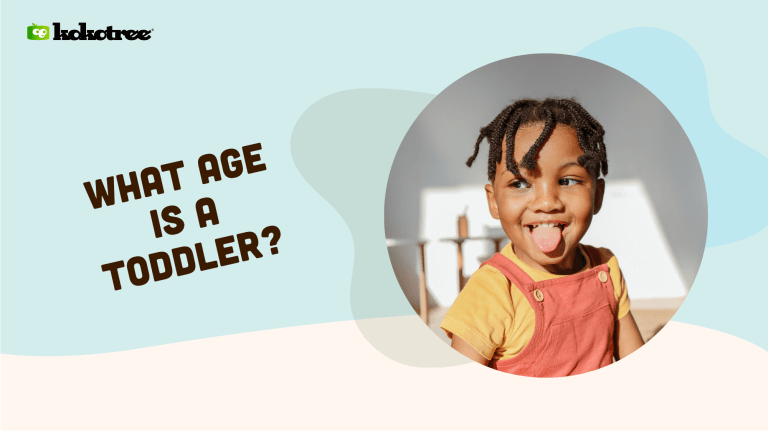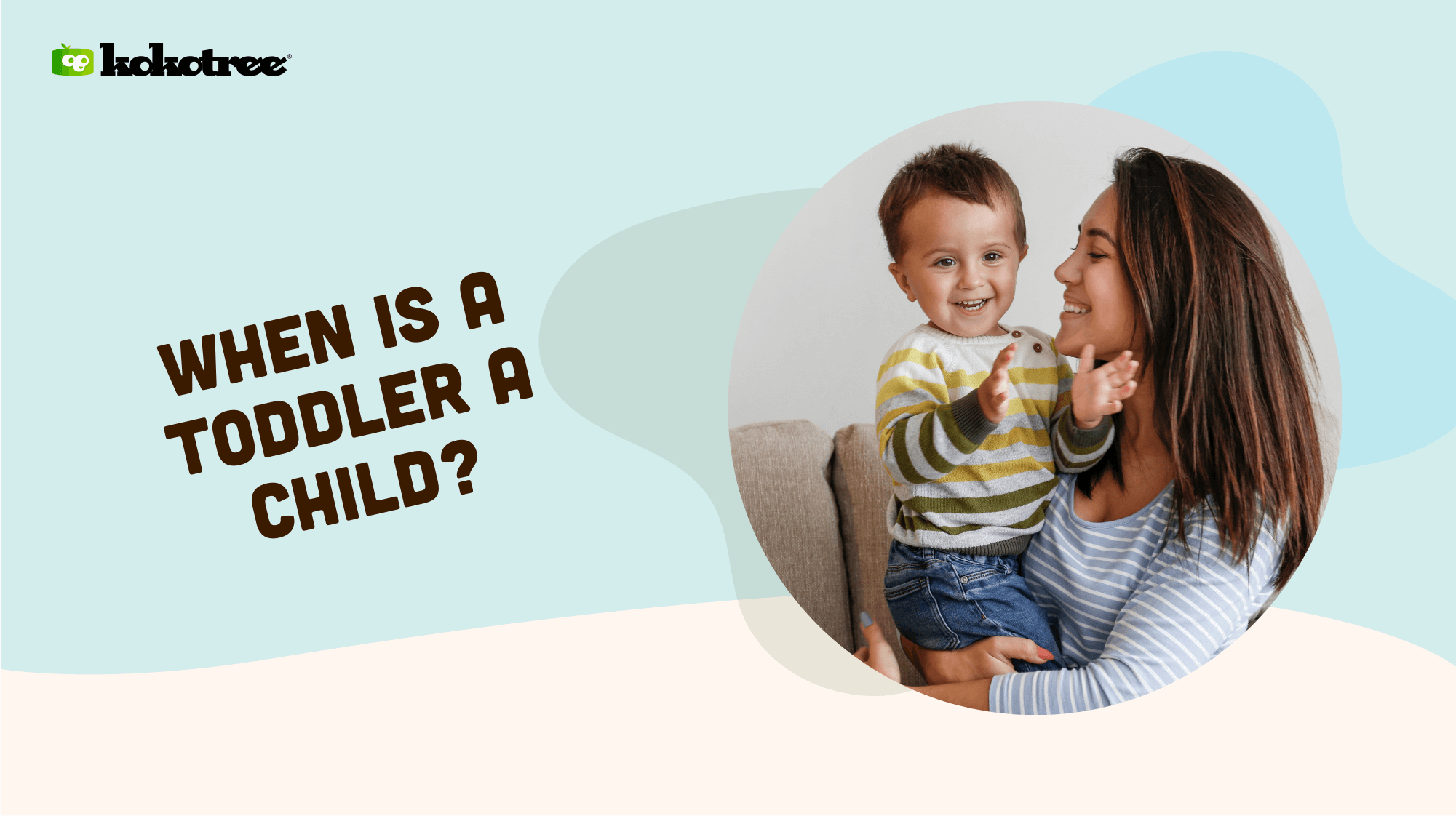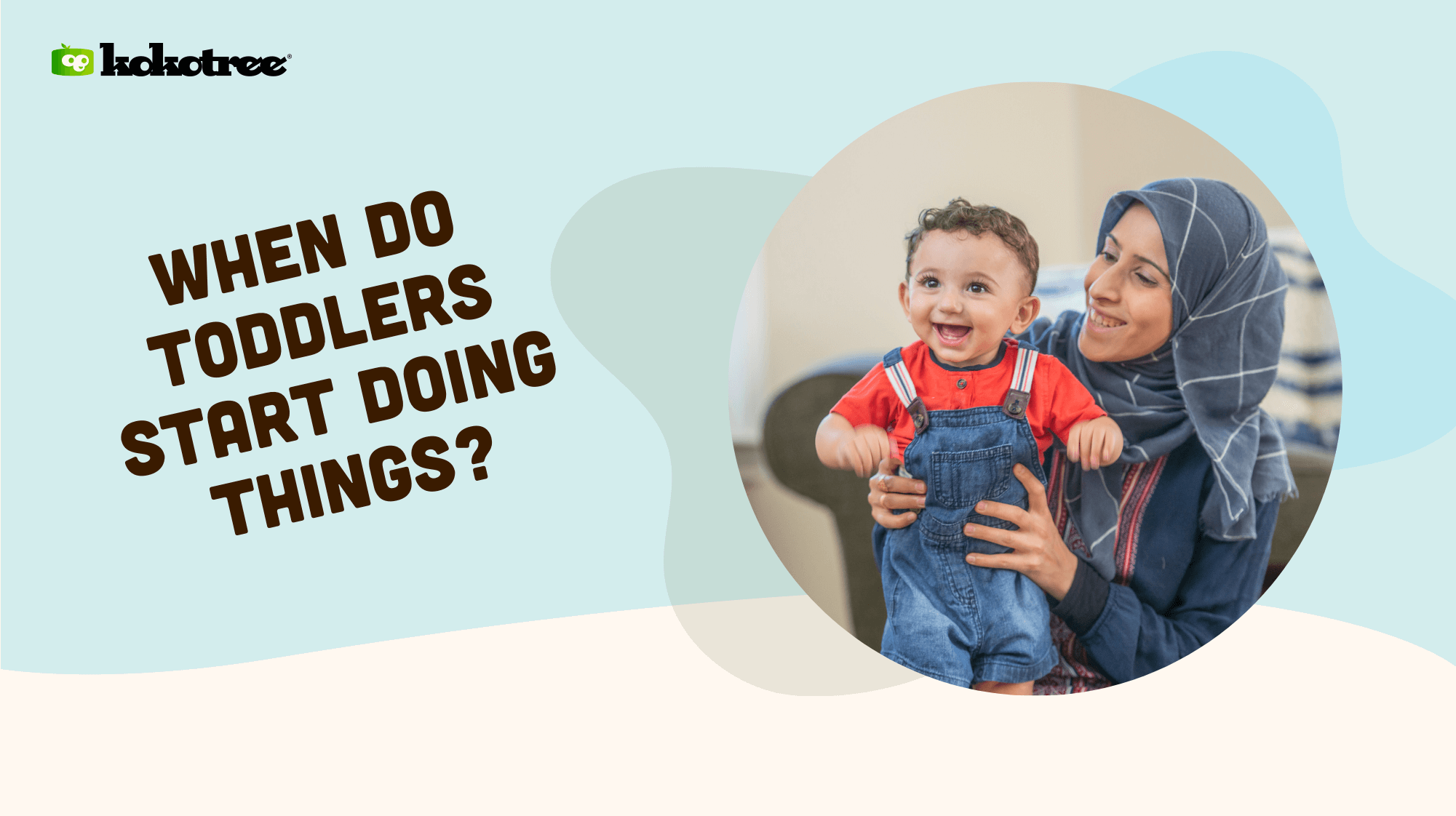

Toddlers (2 to 3 years of age). A toddler is a child between the ages of two and three. During this time, they experience significant growth and development in physical, cognitive, social, and emotional areas. Toddlers develop gross and fine motor skills, such as walking, running, and grasping small objects, as well as speech and language abilities. They also demonstrate memory, attention span, problem-solving, and imagination improvements.
During toddlerhood age, children typically fall within the toddler age range of two to three years old. This development period is characterized by rapid growth and advancements in various areas, including physical, cognitive, social, and emotional development.
As toddlers gain control over their bodies, they begin to master gross and fine motor skills, such as walking and grasping small objects, while making strides in speech and language. Additionally, toddlers begin to exhibit improvements in memory, attention span, problem-solving, and imagination during this time.
Regarding social and emotional development, toddlers become increasingly self-aware and able to regulate their emotions and develop empathy and understanding of others. Parents and caregivers need to support and nurture the development of toddlers during this crucial stage of growth.
After the toddler stage, children enter the preschool age range, typically between 3 and 5 years old. Children experience significant growth and development milestones. They are becoming more independent, developing greater self-regulation, and expanding their language and mental abilities. Parents and caregivers should be aware of the typical developmental milestones for preschoolers and work to support and nurture their child’s growth during this critical stage.
The stage before a toddler is the infant stage, typically between birth and one year old. They are learning to communicate through crying and cooing and mastering skills such as rolling over, crawling, and sitting up. Parents and caregivers should be aware of the typical developmental milestones for infants and work to support and nurture their child’s growth during this crucial stage.
A child one-year-old is generally considered to be in the infant stage, not a toddler. The term toddler typically refers to children between 2 and 3 years old. While 1-year-olds are not yet considered toddlers, they are still experiencing significant growth. Parents and caregivers should be aware of the typical developmental milestones for 1-year-olds and work to support and nurture their child’s growth during this critical stage.
A 2-year-old child is considered a toddler. Toddlers are typically between 2 and 3 years old and experience significant growth and development during this time. At two years old, children are likely to have mastered many physical skills, such as walking and climbing, and starting to develop more advanced language and cognitive abilities. Parents and caregivers must be aware of the typical developmental milestones for 2-year-olds and support their child’s growth.
A 3-year-old child is considered a toddler, typically between 2 and 3 years old, and experiences significant growth and development during this time. Children develop greater independence and self-regulation at three years old, and their language and cognitive abilities rapidly advance. Parents and caregivers need to be aware of the typical developmental milestones for 3-year-olds and support their child’s growth.
A 4-year-old child is no longer considered a toddler. At four years old, children are classified as in the preschool age range and have developed many learning skills. They are starting to create a sense of self and understand the social world around them. Parents and caregivers must be aware of the typical developmental milestones for 4-year-olds and support their child’s growth.
A 5-year-old child is no longer considered a toddler, and children are classified as five years old in the Kindergarten age range. They are starting to understand their surroundings, and they are beginning to know how to interact with others. Parents and caregivers need to be aware of the typical developmental milestones for 5-year-olds and support their child’s growth.

What age is considered toddler? When does toddler age start? A toddler is considered a child, typically between 2 and 3. The term toddler refers to the specific stage of development that children go through during this age range. They develop greater independence, self-regulation, and language and cognitive abilities as they pass this stage. However, it’s important to note that a child can be called a toddler, kid, or child. Still, the term toddler is generally used to describe the specific stage of development between 2 and 3 years old.
Toddlerhood is considered to end around age 3 when children begin to enter the preschool stage. However, it’s not an exact science, and some children may exhibit toddler-like behavior until age 4.
A toddler is considered a child, typically between 2 and 3. The term toddler refers to the specific stage of development that children go through during this age range. They develop greater independence, self-regulation, and language and cognitive abilities as they pass this stage.
A toddler is considered a kid, typically between 2 and 3. Kid is an informal term for children and can be used interchangeably with toddlers.
Toddlerhood is considered to end around age 3 when children begin to enter the preschool stage. However, it’s not an exact science, and some children may exhibit toddler-like behavior until age 4. It’s all about the child’s development, not the age.
A toddler is considered to be between the ages of 2 and 3 years old, while an infant is typically considered to be between birth and 1 year old. During the infant stage, babies learn to communicate through crying and cooing, and they are mastering skills such as rolling over, crawling and sitting up. Children develop greater independence, self-regulation, and language and cognitive abilities during the toddler stage.

Toddlers are at a fascinating stage in child development as they begin to gain more independence and explore the world around them. As they grow and develop, toddlers start to do physically and mentally new things.
These milestones can include everything from taking their first steps and saying their first words to expressing their emotions and learning to play with others. Understanding when these milestones typically occur can help parents and caregivers understand what to expect as their toddler grows and develops.
Toddlers typically begin to say their first words between 12 and 18 months of age. However, some children may start earlier or later. During this time, toddlers learn to communicate and express their needs and wants. Parents and caregivers can support their child’s language development by talking to them frequently and responding to their attempts to communicate.
Most toddlers begin to take their first steps between 9 and 15 months of age. However, some children may start walking earlier or later. During this time, toddlers are developing their gross motor skills and learning to balance. Parents and caregivers can support their child’s walking development by providing a safe environment to explore and encouraging them to take steps.
The age at which toddlers start school can vary depending on the country or region. In the United States, children typically begin kindergarten around 5. However, some states have different age requirements or offer pre-kindergarten programs for younger children. Parents and caregivers should research the school system in their area to determine the appropriate age for their child to start school.
Most children start losing their baby teeth between 6 and 8, with the lower central incisors being the first to go. However, it’s common for children to lose their first tooth as early as four or as late as 7. Losing baby teeth is a normal part of growing up, and parents can help their children through this process by providing gentle guidance and support.
Potty training can vary widely among children, with some being ready as early as 18 months and others only when they are three years old. However, most children are ready to start learning about using the toilet between the ages of 2 and 3. Parents and caregivers should observe their child’s cues and readiness before starting potty training.
Most babies are ready to start eating solid foods around six months of age. However, beginning solids before four months or after seven months is not recommended. Parents and caregivers should consult a pediatrician to determine when to introduce solid foods to their children.
Most toddlers begin to use utensils between 18 and 24 months of age. However, some children may start earlier or later. During this time, toddlers are developing their fine motor skills and learning to feed themselves. Parents and caregivers can support their child’s utensil use by providing age-appropriate utensils and encouraging them to try using them.
Toddlers start showing interest in playing with toys around eight months, and they mostly use their hands and mouths to explore toys during this stage. As they grow, toddlers develop their fine motor skills and learn how to manipulate toys. Parents and caregivers can support their child’s toy play by providing age-appropriate and safe toys and encouraging them to explore and play.
Toddlers start climbing stairs between the ages of 1 and 2. However, some children may start earlier or later. During this time, toddlers are developing their gross motor skills and learning to navigate their environment. Parents and caregivers can support their child’s stair-climbing development by providing a safe environment to practice and encouraging them to climb the stairs with adult supervision.
Potty training is a process that typically begins between the ages of 18 months and two years, but it can vary significantly from child to child. Some toddlers may be interested in using the toilet as early as 18 months, while others may only be ready once they are 3 or 4 years old. Parents and caregivers should look for signs of readiness, such as staying dry for extended periods or expressing an interest in using the toilet, before starting potty training.
Toddlers develop the fine motor skills necessary for dressing themselves around 2-3 years old. However, it can vary significantly from child to child. Some toddlers may be able to dress as early as two years old, while others may not be able to until they are 4 or 5 years old. Parents and caregivers can help their children develop these skills by giving them opportunities to practice, such as allowing them to put on their clothes or shoes.
Toddlers begin to develop the skills necessary for brushing their teeth around 3-4 years old. However, it can vary significantly from child to child. Parents and caregivers should supervise their child’s tooth brushing until they can independently, usually around age 6.
Toddlers develop the fine motor skills necessary for putting on their shoes around 2-3 years old. However, it can vary significantly from child to child. Some toddlers may put on their boots as early as two years old, while others may not be able to until they are 4 or 5 years old. Parents and caregivers can help their children develop these skills by giving them opportunities to practice, such as allowing them to put on their shoes.

Get free parenting tips, news, updates, and content from Kokotree.
Toddlers start to understand simple instructions around 18-24 months old. However, it can vary significantly from child to child. Parents and caregivers can help their children develop this skill by using simple, straightforward language and providing visual cues when giving instructions.
Toddlers start to understand the word “no” around 18-24 months old, however, it can vary significantly from child to child. Parents and caregivers can help their child develop this skill by using the word “no” consistently and in appropriate contexts.
Toddlers start to understand the concept of ownership and the word “mine” around 18-24 months old. However, it can vary significantly from child to child. Parents and caregivers can help their children develop this skill by using the words “mine” and “yours” and using them consistently.
Toddlers start to understand sharing around 2-3 years old. However, it can vary significantly from child to child. Parents and caregivers can help their children develop this skill by teaching them the importance of sharing and allowing them to practice communicating with others.
Toddlers start to understand taking turns around 2-3 years old. However, it can vary significantly from child to child. Parents and caregivers can help their children develop this skill by teaching them the importance of taking turns and allowing them to practice taking turns with others.
Toddlers begin to understand and use the words “please” and “thank you” around 2-3 years of age as they develop their understanding of social etiquette and manners. However, it’s important to note that children develop at different rates, so some toddlers may begin to understand these words earlier or later. Parents and caregivers can help foster this understanding by consistently modeling polite language and reinforcing good manners through positive reinforcement and repetition.
Toddlers develop a sense of fear around 18-24 months old; however, it can vary significantly from child to child. Parents and caregivers can help their children navigate and understand their fears by providing a safe and secure environment, explaining what is happening, and reassuring them.
Toddlers start to understand real consequences, such as cause and effect, around 2-3 years old. However, it can vary significantly from child to child. Parents and caregivers can help their children understand consequences by consistently enforcing rules and explaining their reasoning.
Toddlers start to understand basic concepts of time, such as past and present, around 2-3 years old. However, it can vary significantly from child to child. Parents and caregivers can help their children understand time using simple language and visual cues, such as a clock or calendar.
Toddlers start to understand and express their emotions around 18-24 months old. However, it can vary significantly from child to child. Parents and caregivers can help their children understand emotions by labeling their own emotions and helping them understand and label their feelings.
Toddlers start to understand and use personal pronouns, such as “I” and “you,” around 2-3 years old. However, it can vary significantly from child to child. Parents and caregivers can help their children understand and use pronouns by consistently using them in conversation and modeling their use.
Toddlers start to understand and use fundamental opposites, such as “big” and “small,” around 2-3 years old. However, it can vary significantly from child to child. Parents and caregivers can help their children understand and use opposites by introducing them in simple and concrete terms and providing examples in daily life.
Toddlers start to understand and use basic numbers, such as “one” and “two,” around 2-3 years old. However, it can vary significantly from child to child. Parents and caregivers can help their children understand and use numbers by introducing them in simple and concrete terms and providing opportunities for counting in daily life.



